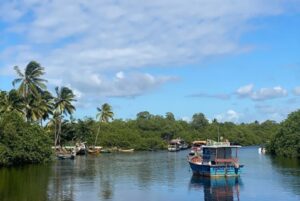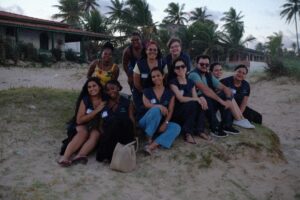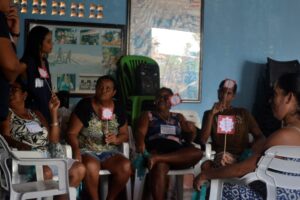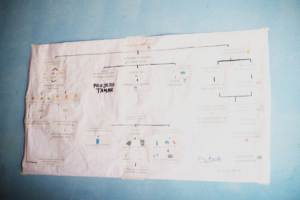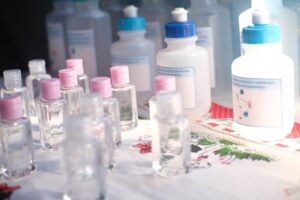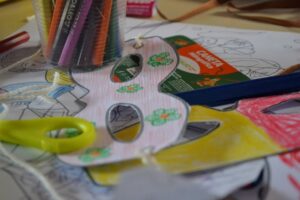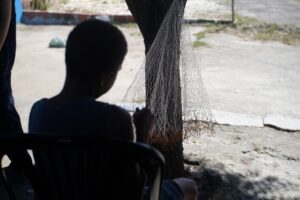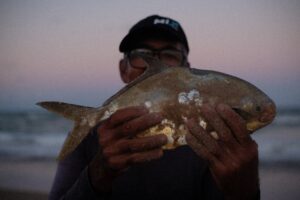It has been a few weeks since my practicum ended with the UNC Water Institute. I am grateful that I was given this opportunity to explore the field of water and sanitation hygiene (WASH) in health care facilities (HCFs) and was able to connect with several organizations and WASH professionals during the practicum.
The key activities that I completed during this practicum included a grey literature sorting, systematic reviews of documents and document extractions, nine interviews (11 participants) of international WASH in healthcare facility professionals, and an analysis of the washinhcf.org website. These activities guided my practicum products, which included a mini study and report of the washinhcf.org website, and a compilation of WASHFIT modules on sanitation related studies.
One of the most interesting parts of the practicum were the interviews. The interviews conducted were to find out training and capacity development needs in HCFs internationally, and questions asked in the interview were based on the eight practical steps identified by the WHO and UNICEF to reach universal access to WaSH in healthcare facilities, such as conducting situation assessments, establishing national standards, implementing infrastructure, and monitoring. I found that many HCFs, with the support of local and national governments had accomplished situational assessments and established at least a national standard, with some HCFs developing individual standards for HCFs or within a specific community. A large barrier to moving forward with implementation, monitoring, and community engagement were resources available to be allocated to hardware and software needs. As the WASH sector grows and the need for services becomes more apparent, resources will need to be prioritized in such a way that they sustain HCF abilities to carry through the eight practical steps.
These interviews also shaped our practicum team’s perception of what tools and guidelines are necessary for advancing services in several domains of WASH and helped us create the WASHFIT modules. The modules included a summary of an intervention or study, the findings and outcomes, and any other information that was important to note about the intervention. The modules also included a visual of where each intervention was conducted, the details of the area, which included type of healthcare facility, geographic makeup (urban or rural), and included icons to symbolize what WASH components were included in the intervention. Once published and shared, WASH professionals may use these modules to guide interventions in their own HCFs and advance within the eight practical steps.
-Anushka

